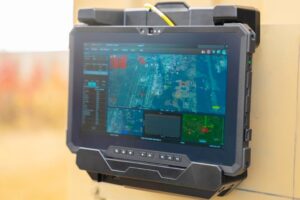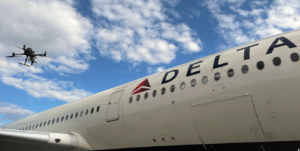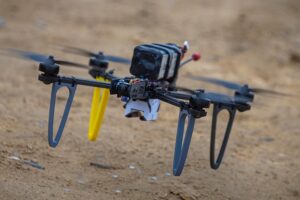 – Northrop Grumman Corporation announced a new artificial intelligence (AI) feature to help warfighters make real-time, informed decisions on the move. The Forward Area Air Defense (FAAD) Advanced Battle Manager (ABM) system addresses the growing complexity of threats in the counter-unmanned aerial systems (C-UAS) mission space. The new AI feature streamlines decision-making for optimal defeat […]
– Northrop Grumman Corporation announced a new artificial intelligence (AI) feature to help warfighters make real-time, informed decisions on the move. The Forward Area Air Defense (FAAD) Advanced Battle Manager (ABM) system addresses the growing complexity of threats in the counter-unmanned aerial systems (C-UAS) mission space. The new AI feature streamlines decision-making for optimal defeat […]Northrop Grumman Adds Cutting-Edge AI Capabilities to Forward Area Air Defense
 – Northrop Grumman Corporation announced a new artificial intelligence (AI) feature to help warfighters make real-time, informed decisions on the move. The Forward Area Air Defense (FAAD) Advanced Battle Manager (ABM) system addresses the growing complexity of threats in the counter-unmanned aerial systems (C-UAS) mission space. The new AI feature streamlines decision-making for optimal defeat […]
– Northrop Grumman Corporation announced a new artificial intelligence (AI) feature to help warfighters make real-time, informed decisions on the move. The Forward Area Air Defense (FAAD) Advanced Battle Manager (ABM) system addresses the growing complexity of threats in the counter-unmanned aerial systems (C-UAS) mission space. The new AI feature streamlines decision-making for optimal defeat […]



